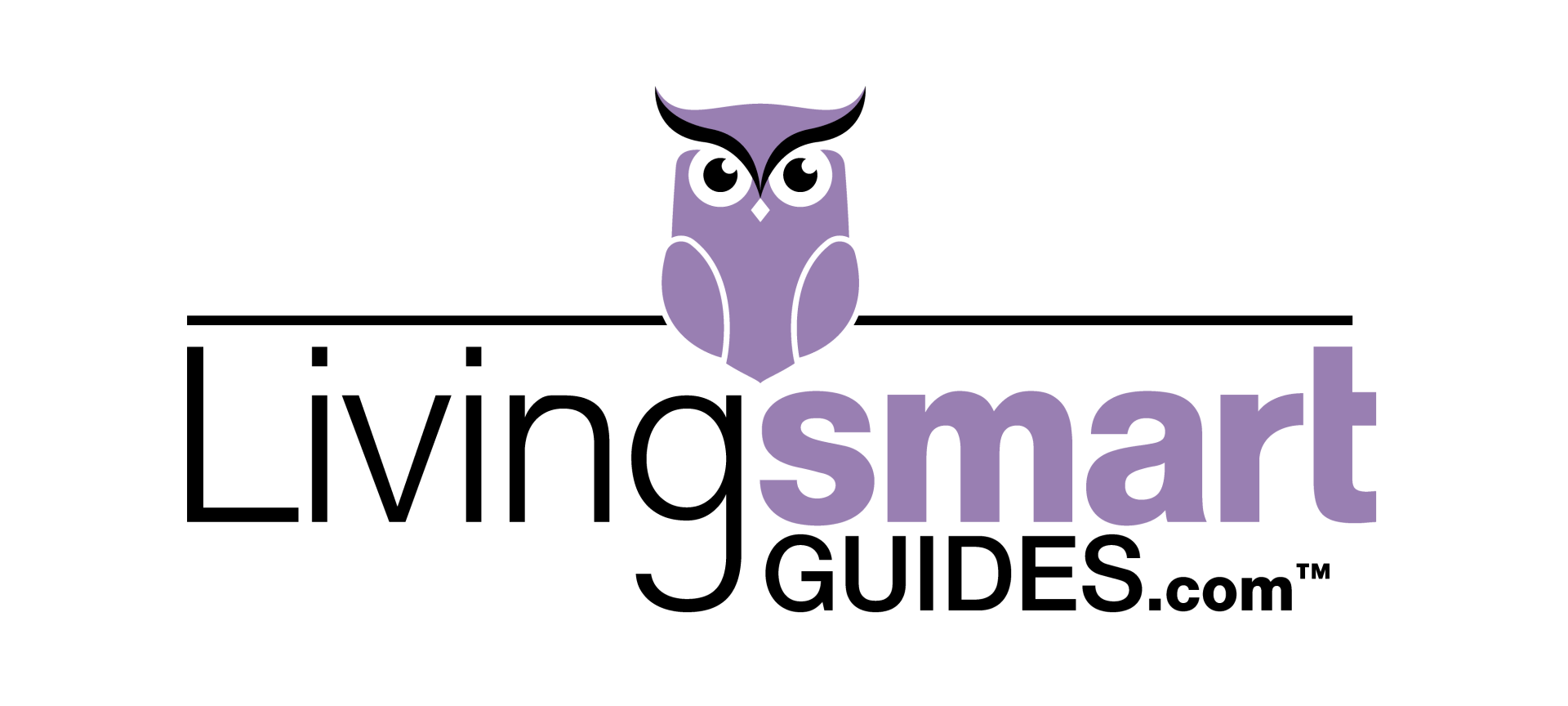Household and Personal Matters
10 Free Tools
1. Important Personal Information
If you are unable to manage some or all of your life for some period of time those trying to help you will require personal information like where you keep your bills; the location of your checkbook(s); who should be contacted at your place of work, place of worship, organizations you belong to; the name and contact information for your accountant in case IRS filings are due; the name and contact information of your lawyer; the location of important papers; etc. This information will also be needed by your family when you die to wind up your affairs.
If you are unable to manage some or all of your life for some period of time those trying to help you will require personal information like where you keep your bills; the location of your checkbook(s); who should be contacted at your place of work, place of worship, organizations you belong to; the name and contact information for your accountant in case IRS filings are due; the name and contact information of your lawyer; the location of important papers; etc. This information will also be needed by your family when you die to wind up your affairs.
Use this form to list the names and contact information for the people and organizations you want notified in the event you are seriously ill, injured, etc.
In the event of an emergency or crisis, whatever the origin, instructions need to be in place so those you designate can immediately take action to care for your children, pets, home, medical matters, etc. until the crisis or emergency passes.
Use this form if you need assistance for some period of time from friends, family members or outside home care providers to keep your home and laundry clean and organized, to run errands and other misc. items.
When others are helping you care for your home for some period of time, they may need to know details about things like trash pickup (who does it, where is the pickup and when), who is your plumber, electrician, snow removal company, house cleaners, lawn mowers/landscapers, etc.
Unless their name in on your account, no one else can assist you in dealing with the gas, power, telephone, cable company, etc. without your written permission. They can’t order service, repairs, report problems or discuss billings and other financial matters. This list of all utility and other providers in your home, the account numbers and contact information is also essential information your family will need after your death to cancel these accounts.
If you want for one or more people to be able to enter your home to undertake various responsibilities on your behalf, it’s a good idea for them to have your written permission for a variety of reasons. In addition to specifying your instructions, you also indicate where to find a key to enter your home (especially important in an emergency), information about your security system (if applicable) including the location of keypads, passwords, how to set and cancel the system, how to contact the security company and other relevant information.
Whether it’s for your own peace of mind, to care for your pet(s), or if you have a high maintenance home, you may want to have someone stay in your home while you are away during a lengthy stay in the hospital or other healthcare facility – or even just on a lengthy vacation. Whatever the reason, it’s advisable for the person staying in your home to have a written list of the things they need to do while in your home as well as the privileges you are granting them while they are in your home like guests (overnight and others), use of things like hot tubs, swimming pools, vehicles, etc.
Did you know that not even your spouse is allowed to sign for registered, certified or other parcels or mail; renew a post office or other box, etc. without your written permission? If you are unable to undertake these things for yourself for some period of time, it would be a good idea if several people have your permission to deal with your mail, including the location of any post office or other box and the location of your key.
Whether as a reminder to yourself or to enable others to assist in an emergency, it's important to keep a list of the passwords and other long-on information to all of your on-line social media, email, shopping and other on-line accounts as well as passwords for all of your password protected technical devices. This information will also be invaluable for your family after your death to help in settling your affairs and close accounts to protect your estate from identity theft.
Although none of the above tools are legal documents, it’s possible that someone may ask you to include a notary with one of the completed forms for their records. Just print out the notary form, attach it to the completed but unsigned Living Smart form and take to a notary for you both to sign.
